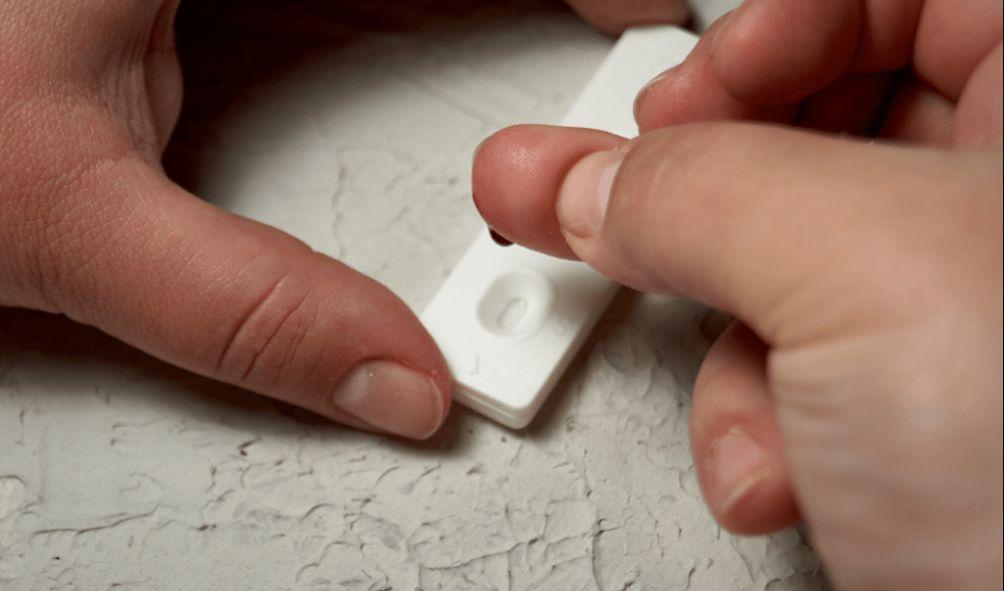Chinese Company Sues Nakhumicha and AG Muturi Over ‘Fake’ HIV Testing Kits in the Market
Health Cabinet Secretary Susan Nakhumicha and Attorney General Justin Muturi are being sued by a Chinese company over the reclassification of HIV testing kits.
In its petition to the High Court, the Chinese company accused the CS of reclassifying certain devices, which led to an influx of substandard kits in the market. The company claimed these kits provided inaccurate HIV test results, although they did not present sufficient evidence to support this allegation.
The Chinese company stated that their products had been initially classified as Assay 2 (A2), despite the Ministry of Health previously informing them that the products would be listed as A1.
The World Health Organisation clarifies that A1 tests are the primary screening tests for detecting HIV infection in individuals. These tests are highly accurate with a low chance of missing an infection.
Conversely, the A2 test is used to confirm the initial diagnosis made by the A1 test.
The company further complained that the newly introduced kits were not only of inferior quality but also more expensive, ultimately increasing the financial burden on taxpayers.
The company disclosed that the procurement of the kits started in mid-March, with the AG requesting their distribution within a specified timeframe.
According to court documents, the foreign company had initially donated the kits for a pilot test conducted in Kisumu, Garissa, Kiambu, and Mombasa.
However, the company noted that during the implementation phase, their products were reclassified without any consultation between them and the ministry.
ALSO READ:
- “Two Groups, One Agenda”: Gachagua Accuses Raila of Secret Political Deals
- Exclusive: Ida Odinga’s 75th Birthday Party in Karen (Photos)
- FKF President Discloses Exact Amount Paid to Harambee Stars Players
- Gachagua’s Ally Senator John Methu Admits Ruto Might Win 2027 Elections
- Maraga Explains Why He Hasn’t Campaigned in Kisii Despite 2027 Bid
In response to these allegations, the Ministry dismissed the claims, stating that the company was protecting its interests rather than the welfare of Kenyans.
The Ministry also mentioned that it had communicated its official position to the foreign company regarding the issue.
This dispute arises amid a rise in HIV infections, especially in nine counties, according to the National Syndemic Diseases Control Council (NSDCC).
The council reported that the high infection rates could be linked to certain cultural practices within Kenyan society.
Homa Bay, Siaya, Kisumu, Migori, Busia, Kisii, Mombasa, Samburu, Vihiga, and Uasin Gishu were identified as the top 10 counties with the highest infection rates.
The council also highlighted stigma and lack of testing as major challenges facing those infected.
Kenya has announced its goal to significantly reduce the HIV infection rate by 2027.
Chinese Company Sues Nakhumicha and AG Muturi Over ‘Fake’ HIV Testing Kits in the Market
